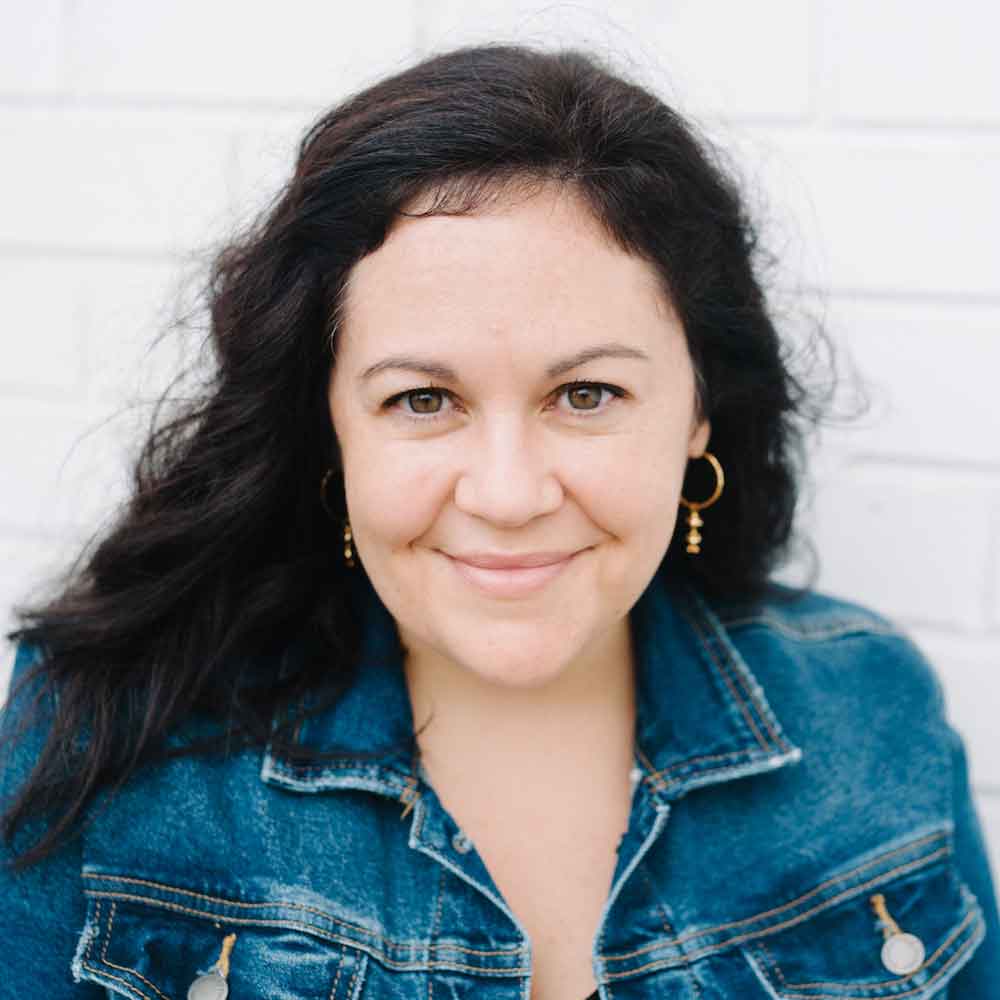The morning after the election, I agonized about how to talk with my first-year students about the outcome. I teach writing at George Washington University in Washington, DC, which is consistently noted as the most politically active school in the country, and my students often leave after class to metro over to Capitol Hill for internships. Those members of Congress sit on both sides of the aisle, and so do my students. I knew I couldn’t ignore the election, yet I felt that walking in like a fireball of Trump-hate, which is how I felt, wasn’t the right response either. I settled on this: I welcomed them, and I told them that if they were thinking that I looked as if I were running on three hours of sleep and that I was sad, then they were right. I asked them if they were tired, too. They were. I acknowledged that everyone, on both sides, was feeling a lot of emotions that would likely make it difficult to do the work we’d come to do. And so before digging into the work for the day, we talked about their experiences from the night before. Some had watched the results come in at one of the two watch parties on campus (a young Republicans group and a young Democrats group, each with their own auditorium reserved for the event). Some had gathered in common areas in the dorms, and a few stayed late in the library, trying to work, but mostly spent their time refreshing news sites, watching the outline of the states change color.
When the subject of verboten politics in the classroom comes up, it’s usually about K-12 education, and public school at that. However, the assumption that liberal college professors will indoctrinate their students is almost a given, applauded from one side and disdained from the other. This election cycle, like many others, I had to work through and attempt to reconcile my desire to remain vaguely neutral in the classroom with my desire to maintain a sane, safe world for me and my family — and for these same students.
Much of the academic community is spending the latter part of election week talking about creating safe spaces and hate-free zones, and this is tremendously important work. But I urge my fellow professors, as we have these conversations, let’s please not forget that if we say “hate-free zone,” that applies both ways. And here’s why it needs to: Most of the 18-year-olds I know aren’t racists or misogynists. Two of my favorite students from the past few years have been members of the GW College Republicans organization. One of them is a favorite because she is very funny and appears, from what I can tell from running into her on campus, to be in a state of perpetual delight. Another, a young man who wore a pink oxford shirt most days of the week and could not have looked more like a Young Republican, was one of the smartest students I have ever taught, and his interest in other perspectives and viewpoints was boundless. And there are many more like them — smart, engaged, thinking, and acting out of love for country, love for their fellow person, fellow student. I know many of us can’t quite wrap our heads around how Trump voters could support him unless they too lacked respect for women and minorities, but these people — particularly these young people — are in many ways progressive and, I’d even go so far as to say, well-meaning. They’re not racists or misogynists, my students. And the idea of alienating students like this breaks my heart, especially as I believe we can do so much more good if we engage them, hear them. Political neutrality in the classroom might be impossible, but broadmindedness shouldn’t be.
In terms of volume, my students are the bulk of the people I have met the most in my lifetime. In a given year, I might encounter anywhere from 75 to 200 new students. So it is difficult for me to think of America outside of the context of these people. A friend, the daughter of immigrants, wrote on Facebook the morning after the election that she had learned that the country she loves so much did not love her back, and I immediately thought of my students, many of whom were surely feeling this same thing. My Muslim students. My students of color. My LGBTQ students. My female students. My students who are survivors of sexual assault. My disabled students.
Do I believe that some of Trump’s supporters are racists who want the worst for these students? I do. But mostly, their peers are not. In fact, I really believe that most of their fellow people are not. Yesterday, my uncle — we all have that uncle, and he sure is vocal this week — said in a text that it was crucial for people to speak up even if their ideas are wrong, because if they’re quiet and their thoughts are just festering inside them, they’ll never be challenged to think differently. “Until people speak up, they can’t know they’re wrong.” And as long as those ideas are not full of hate — and in my classrooms, they never have been — that’s true. And no one’s mind was ever opened by being told they were a bigot. Open dialogue about this topic seems so difficult, and yet when I think back to my own youth, I can see how essential this is, especially in the classroom. My first few years of college were spent struggling to settle into a “side” politically because, at the time, I was pro-life, but fell far left on just about every other issue. When my views shifted and I became vehemently pro-choice, the impetus for that was, of course, dialogue. Dialogue where I felt comfortable trying on views and asking questions without feeling as though the other people at the table thought I was an idiot. And it’s crucial to me in the classroom now that an 18-year-old who just voted for the first time, and for Trump, doesn’t feel like an idiot, because that just pushes him or her farther away, and instills an even stronger sense of the anti-intellectualism that I see so rampant right now.
Trump’s followers have done horrific things — acts that have brought me to tears — and yet so many of the young people who voted for him are not hate-filled people. And it feels more important than ever to ensure that people do not feel attacked, no matter who they voted for, and especially not because of who they voted for. I struggle with this in my personal life, but it is even more important to me in the classroom. Here is the truth at the heart of things: It is so much easier to show compassion and empathy and interest in the ideas of an 18-year-old Republican than a 50-year-old. And yet when we find it in ourselves to try and really understand why a kid who only six months ago had a curfew voted the way he did, we become better able to imagine why a 50-year-old might have. Or a 75-year-old. We become better able to see that this election and the decisions individuals made within it were tremendously complicated. And hopefully the other side is better able to see the left not as our worst stereotypes — religion-hating elitists, for example — but as other caring people who genuinely want the best for this country and our people.
There will be professors who will read this and shake their head in horror, say I’m failing both my students and my democracy — who see it as their duty, in fact, to “teach” their students the “right” way to think about politics. These are my dear friends and colleagues, and I admire them immensely. And I’ll admit that at times I wish I was more like them — it would have felt good to come in ranting yesterday, in the moment. And I do think my vote was the “right” vote. These professors think they are spreading the good word, so to speak, and there’s a big part of me that thinks they are too. And yet, students who agree with me or students who do not know yet what they agree with make up only one part of my classroom population. And for those other students, the ones who disagree, it is essential to me that they not be alienated or feel that they are any less important to me, or to our classroom community, just because we disagree. It would be a failing to do so.
It’s true that when I hear Trump talk about immigrants, I think of my husband’s Indian parents. When I hear Trump talk about Muslims, I hear the echo of a man yelling, “Go home, terrorist,” at my brother-in-law on a train. When I think about that tape, Trump’s take on how and where and why to grab women, a reel flips in my mind alternating the faces of my two young nieces and my own experiences with men who felt the same way as Trump does about women. And yet to throw up my hands in the classroom and assume that everyone who voted Trump into office agrees with him on all counts is to perpetuate the distance between the “us” in the academe and the “them” outside of it. And many of my students come from outside of it.
Perhaps the most interesting thing about my discussion on Wednesday with my students is that they all ended up at the same place the night before. It is a tradition at my university, which sits just blocks White House, for students to walk down and hang out there on election night. In class, I asked my students if they had done this, and almost all of them said yes. They told me there was shouting, and although many of them left before it got violent, one young woman told me that she had seen punches thrown around 3 a.m. They told me that people from both camps were riled up. And then one young man pointed across the room to a classmate and said, “You were there, I saw you,” and he laughed. The other young man laughed too and nodded. He said, “But you didn’t say hi,” and the other responded, “I couldn’t last night, but hi.” That’s the value of the classroom. We’re here, and we’re people, and we talk respectfully. As professors, we get to demand that dialogue is respectful, in fact. And this carries over, sometimes, at its best, outside of the classroom. It’s not that I’m so delusional that I believe that these classroom conversations are going to turn a Trump supporter into a bleeding heart liberal or vice versa, but at my most idealistic, I do believe it’s possible that I am contributing in some way to the future of a more thoughtful, empathetic other side.




